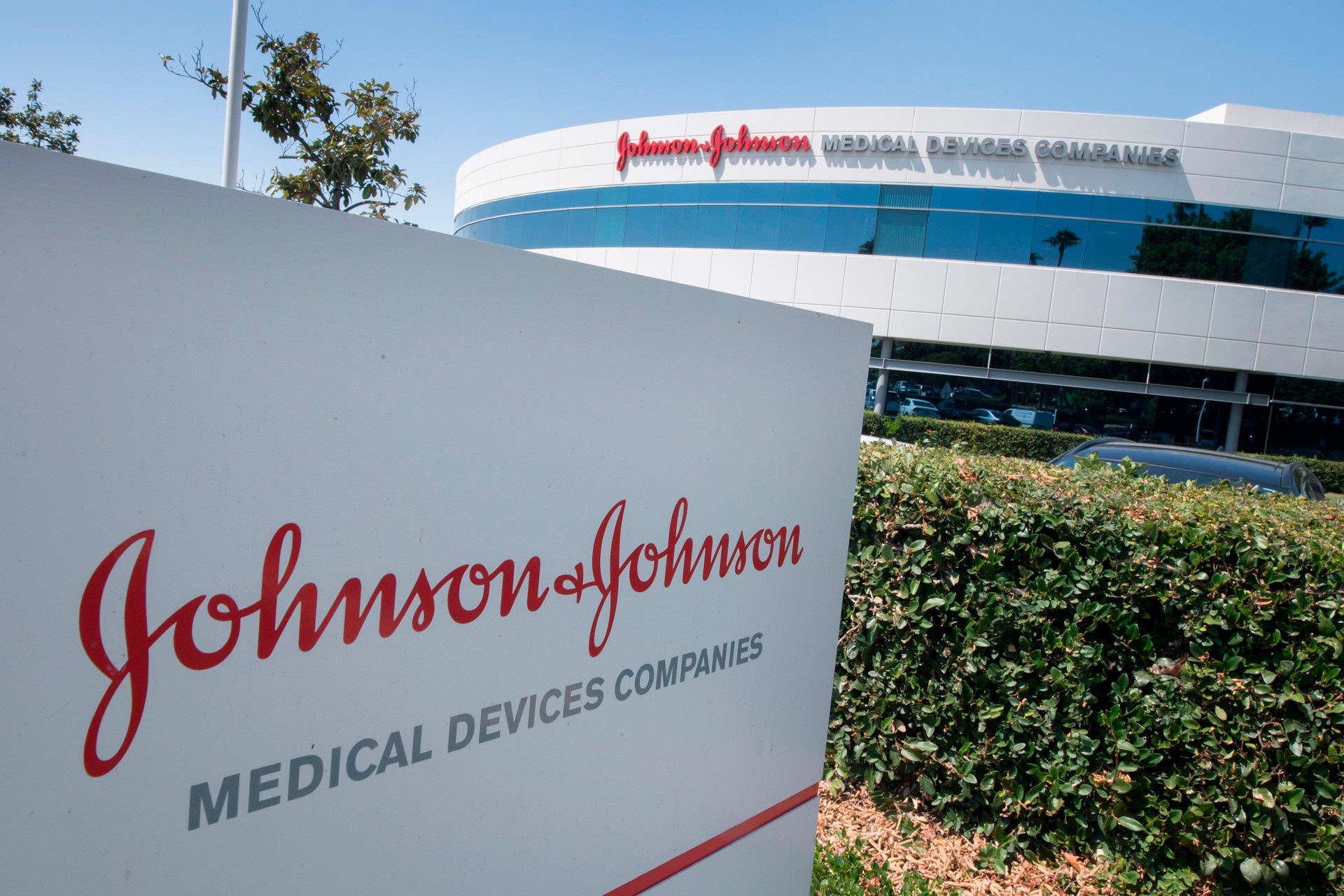Johnson & Johnson's cancer drug Darzalex could replace Stelara as its best-seller
Sales of Darzalex soared 18% year over year to $2.8 billion in the second quarter

Surging sales of Johnson & Johnson’s blockbuster cancer drug Darzalex offset declining sales of some of the pharma giant’s other drugs, helping the company beat Wall Street expectations.
Suggested Reading
Johnson & Johnson reported Wednesday that its sales in the second quarter grew 4.3% to $22.4 billion, outperforming Wall Street’s expectations of $22.3 billion, according to a consensus estimate from FactSet.
Related Content
The company’s sales numbers were boosted by soaring sales of its multiple myeloma treatment Darzalex.
Sales of Darzalex soared 18% year over year to $2.87 billion in the second quarter, compared with $2.4 billion in the same period the prior year.
Darzalex sales nearly caught up to Johnson & Johnson’s best-selling drug Stelara, a medication for autoimmune conditions like Crohn’s disease, ulcerative colitis, plaque psoriasis. Sales of Stelara reached $2.88 billion in the second quarter.
This is good news for the pharma company since its patent on Stelara is set to expire next year, which will allow cheaper generic alternatives to enter the market and drive down prices.
Together Darzalex and Stelara helped offset declining sales in the company’s neuroscience and infectious disease segments, which fell 0.6% and 13.9%, respectively.
Specifically, sales of the company’s COVID-19 vaccine fell nearly 40% year over year to $285 million in the three months ending June 30.
Johnson & Johnson chief financial officer Joseph Wolk told investors on a call on Wednesday that the company doesn’t expect to have any COVID-19 sales in the third quarter.
Despite strong sales in the second quarter, Johnson & Johnson adjusted their 2024 earnings outlook to $10.05 per share, from a previous projection of $10.68. The company said this was due to anticipated impacts from recent acquisitions.
Johnson & Johnson second quarter, by the digits
Johnson & Johnson’s net income fell 12.8% to $4.6 billion in the three months ending June 30, compared with $5.3 billion in the same period the prior year.
The company’s revenue was up 4.3% year-over-year to $22.4 billion in the first quarter, from $21.5 billion.
Its diluted earnings per share came to $2.82, outperforming Wall Street expectations of $2.71, according to a consensus estimate from analysts surveyed by FactSet.
